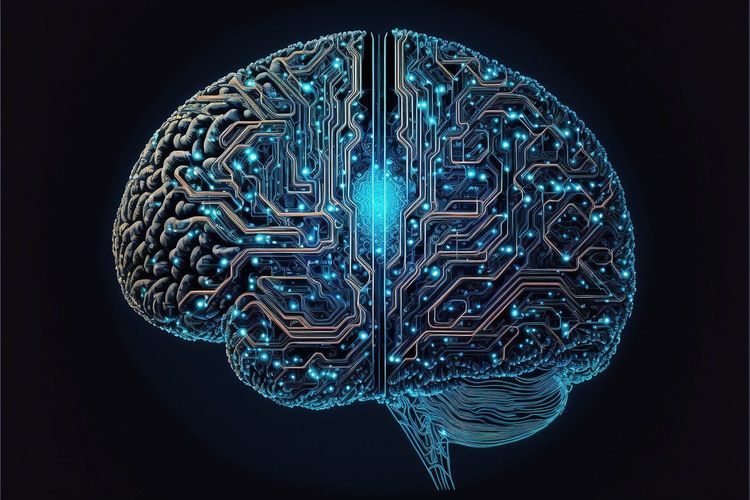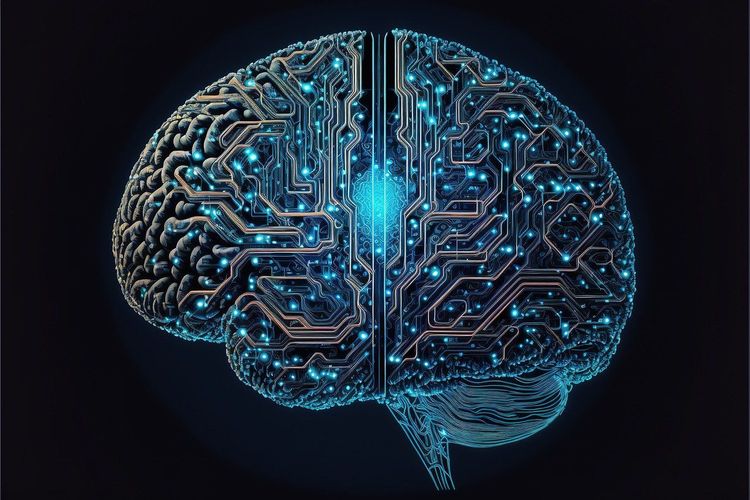In light of recent developments at OpenAI, the discourse surrounding AI has shifted towards a fundamental debate: Should we accelerate or decelerate AI development, and how can we align AI tools with the needs of humanity?
A significant aspect of this conversation centers on the pursuit of artificial general intelligence (AGI)—an AI capable of performing any task a human can. This pursuit raises critical questions: Is AGI attainable?
While debating AGI is crucial, it neglects a core challenge of AI: its high cost.
AI Requires Talent, Data, and Scalability
The internet revolution democratized software, lowering barriers to entry predominantly to skill sets. However, advancements in AI have expanded primarily by increasing scale, which demands significant computing power. As a result, major tech companies are investing billions in acquiring GPUs and optimizing computing infrastructure.
To build effective AI, organizations need access to talent, data, and scalable computing resources. The demand for these resources is rising rapidly, creating a landscape where only a few entities can afford to participate meaningfully. Most countries, individuals, and smaller enterprises lack the financial capacity to engage fully, facing steep costs not only in model training but also in deployment.
Democratizing AI for Broader Access
Recent research from Coatue indicates that the GPU demand is just beginning to surge, potentially straining our power grid and increasing server costs. As these systems evolve, their capabilities will only improve, but they will become more resource-intensive without innovative solutions.
Currently, only financially robust companies can develop AI capabilities, resulting in notable risks. A centralized approach to AI raises concerns: if a single model fails or experiences governance issues, it can substantially disrupt numerous dependent businesses. The reliance on systems that yield probabilistic outputs presents additional risks, as models may produce unpredictable results, complicating reliance and management.
The Dangers of Centralization
Centralization poses safety risks: organizations prioritize self-interest, complicating the resolution of issues related to safety or risk. In a world where AI is costly and access is limited, existing inequalities are likely to widen, creating a divide between those with access to advanced AI and those without.
To improve AI’s benefits safely, we must reduce the costs associated with large-scale AI deployments. This entails diversifying investments and expanding access to compute resources and talent.
Data ownership will also play a pivotal role in AI accessibility. The more unique and high-quality data available, the more valuable and useful AI becomes.
Making AI More Accessible
Although open-source models currently exhibit performance gaps, their utilization is expected to grow, particularly if supportive policies are enacted. Many models can be optimized for specific applications, paving the way for companies to create effective routing logic and orchestration layers tailored to various sectors.
Utilizing open-source models allows for a multi-model approach, enhancing control despite existing performance disparities. We may see a future where smaller, optimized models handle less complex tasks, while more sophisticated models address intricate problems. For example, a trillion-parameter model is unnecessary for basic customer service inquiries.
To capitalize on AI's potential, we must transition from demos and collaborations to scalable and sustainable AI deployments. Emerging companies are addressing this challenge by enabling cross-model multiplexing and reducing inference costs through specialized technologies. Increased investment in these areas is vital for driving substantial progress.
By making AI more cost-effective, we can invite more stakeholders into the industry, enhancing the reliability and safety of AI tools. Ultimately, this aligns with the collective aspiration to deliver value to a broader audience.
Naré Vardanyan is the CEO and co-founder of Ntropy.







